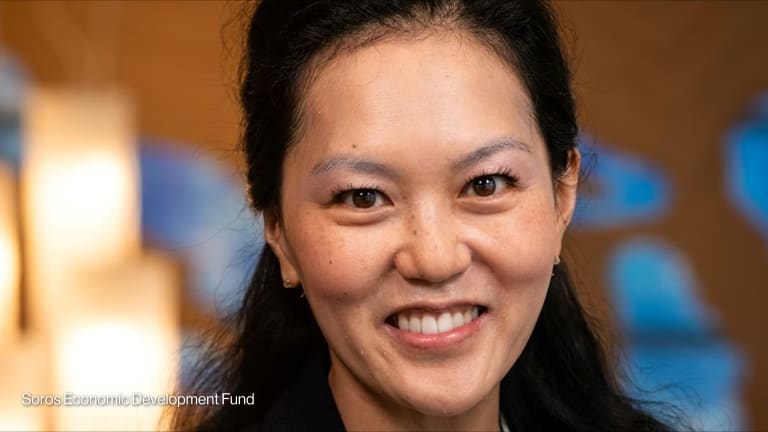Foreign aid agencies have started to pay more attention to the world of tech entrepreneurs in seeking solutions to some of the biggest challenges on the planet. But what do these entrepreneurs think about the world of foreign aid?
“The range of problems that live within the reality of extreme poverty and vulnerability that can be addressed with science, technology, innovation, and the Silicon Valley mindset of ‘can-doism’ tied to capital is really phenomenal,” said former U.S. Agency for International Development Administrator Rajiv Shah at the Stanford Global Development and Poverty Initiative’s inaugural conference in Palo Alto, California last month.
Shah described development as, “a discipline that’s grown its own set of practices and learnings around what works, what doesn’t work.”
Search for articles
Most Read
- 1
- 2
- 3
- 4
- 5








